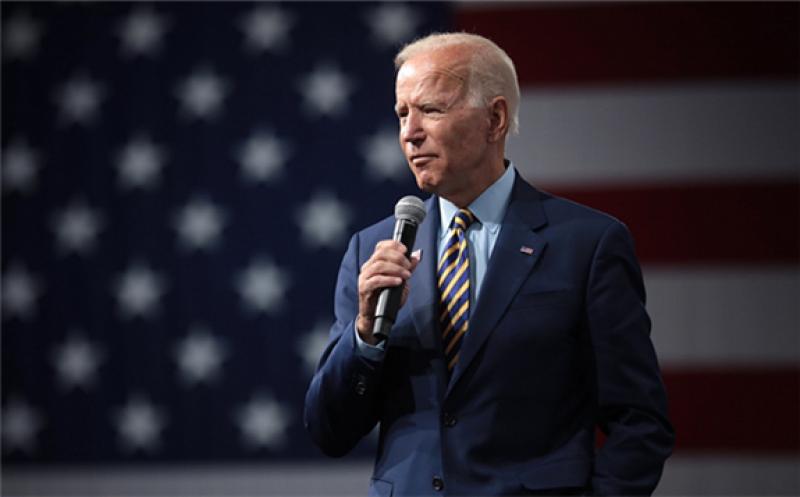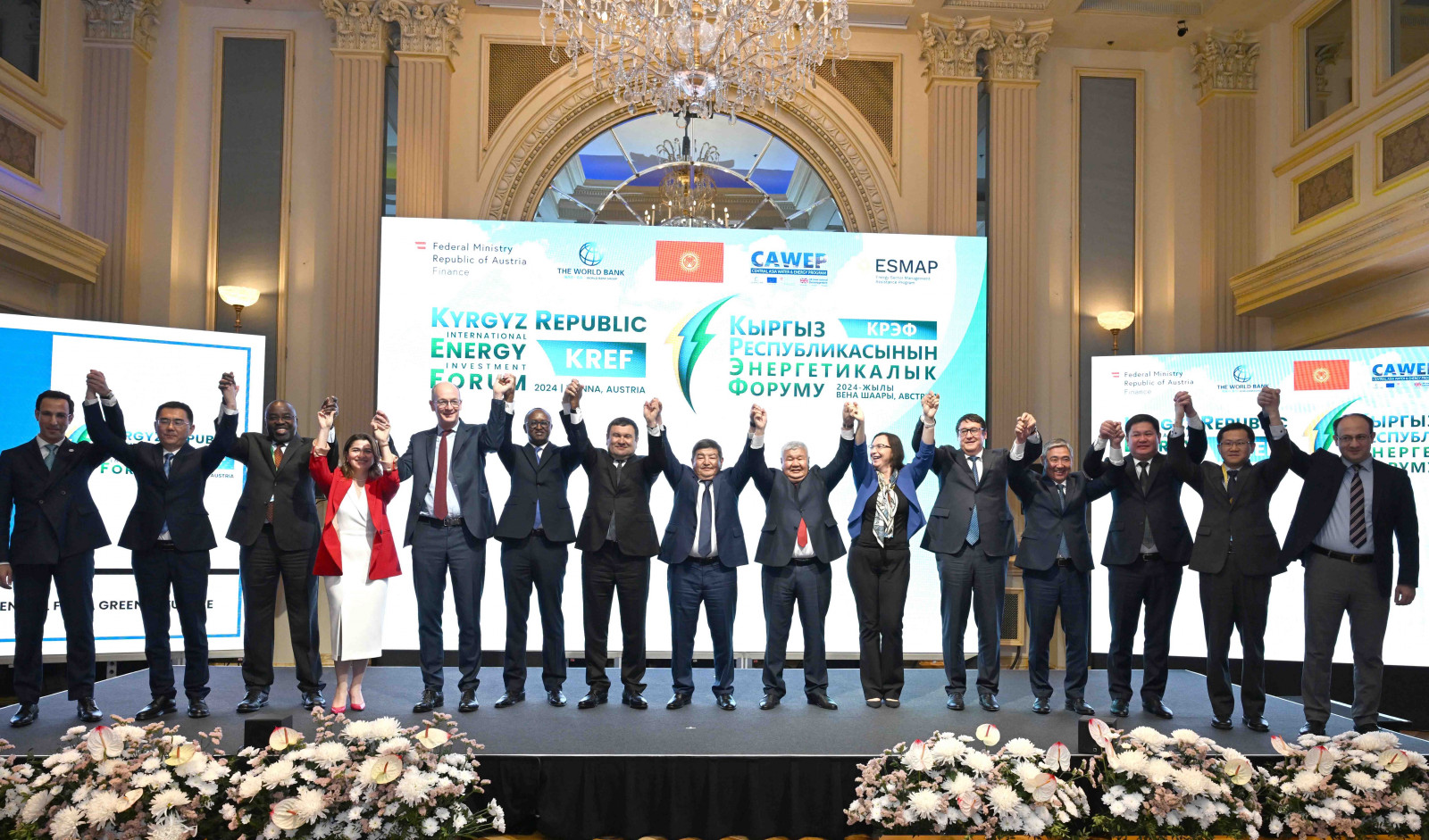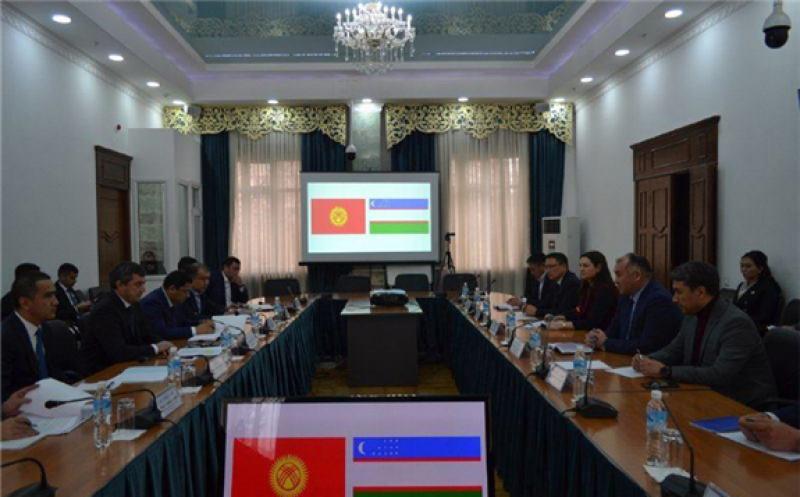President Biden signed the executive order on Wednesday to review the four key global supply chains in order to avoid shortages in semiconductors, medical equipment, and other goods considered critical during the ongoing Covid-19 pandemic.
 The White House has also said that for now it is not “taking anything off the table,” as the strategies to fix the supply chains will depend on the identified shortages. Source: Gage Skidmore on Flickr
The White House has also said that for now it is not “taking anything off the table,” as the strategies to fix the supply chains will depend on the identified shortages. Source: Gage Skidmore on Flickr
The review comes amidst fears that American industries are relying too much on foreign suppliers, particularly coming from China.
The order will also start yearlong reviews into the six sectors: energy, food production, information technology, defence, public health, and transport, to determine their reliance on foreign imports.
According to a White House official, the reviews will be “modelled after the process the Defence Department uses to regularly evaluate and strengthen the defence industrial base”.
The White House has also said that for now it is not “taking anything off the table,” as the strategies to fix the supply chains will depend on the identified shortages.
An administration official told American political journalism company Politico: “Clearly we are looking at the risks posed by dependence on competitor nations, but that is only one of a range of risks we are looking at.”
The news comes as auto producers across the US stumble upon a global shortage in semiconductors, the computer chips used in almost every piece of technology we use, which caused great disruption for car makers.
The threats to the battery supply chain also became visible after Ford and Volkswagen informed the US Government that they would have to delay production of new electric vehicle lines if Korean battery supplier SK Innovation was banished for intellectual property theft.
Biden’s order builds on the efforts of the administration of former President Trump to make US industry more reliant on domestic production.
Biden’s is now focussing on the semiconductor industry, as China saw new heights with its output of integrated circuits surging by 16.2% in 2020, a sharp increase from the 7.2% rise in 2019, according to the professional services network PwC.
The order will contribute to Biden’s long-term foreign policy plan to compete against China’s dominant position in supply chains.







